I don’t think any moment in television has hit me harder than Jaime Lannister getting his hand chopped off before the cut to black. For a lot of people, it wouldn’t even rank in the top ten of Game of Thrones shocking moments, let alone the entire canon of television. There’s Ned’s death, Rob’s death, Joffrey’s death… but that list proves my point about why Jaime’s hand always seemed like such a big deal.
Characters die in Game of Thrones. In a way, that is the hook of the show – anyone can perish, whether they are a central character or not. Ned Stark was the central character, the poster boy of the first season, and one of few recognisable actors within the cast. Just nine episodes in, he’s killed off. Deaths were rarely boring in Game of Thrones, but you always knew they were going to come for most of the characters eventually. But removing Jaime’s hand, with the sword swung by a minor character (Locke, as you’ve almost certainly forgotten), was far bolder. It kept him in the show but fundamentally transformed him. I’ve been thinking of that as I rewatched the series recently.
Game Of Thrones Destination Sours The Journey
Game of Thrones managed to draw me back in as I’ve rewatched it over the last couple of months. I remembered why I loved it so much in the first place. It tempted me (unsuccessfully, but getting closer) to read the third book even though there has been no movement on George R R Martin’s desk since I closed A Clash of Kings in 2014. It motivated me to write of my disappointment of the show seemingly missing its window for a stellar video game experience, only to be catfished by an MMO at The Game Awards.
I wouldn’t say I regret dedicating myself to a rewatch of Game of Thrones, because a) what else am I going to do with my evenings? and b) I still like most of the individual episodes and the stories wrapped up in the overall arc. But as I reach the end, knowing it all ends with such a whimper (a whimper fuelled by Fire and Blood, but a whimper nonetheless), I can’t shake the feeling that it’s all for naught. Everything after A Knight of the Seven Kingdoms, the second episode of the final season, basically doesn’t exist in my mind.
Part of the reason is that it feels rushed, so desperate to defy fan theories that any actual plot threads are abandoned, and has an ending that is both too neat in how it tries to offer hope for each character and too messy in how it fails to build any sort of structure. The fact GRRM’s books were too slow to keep up with HBO is extremely telling here, though I also suspect removing key characters like Lady Stoneheart and Jon Connington meant the sort of plot gaps we see filled by the likes of Coldhands making a cameo were too vast to plug.
The Final Season Forgets What The Show Is About
But part of it goes back to Jaime’s hand, and the reason it was so memorable to begin with. It stands out because death is common in Game of Thrones, but in the final season, the show seems to forget that. Oh sure, some side characters are killed off – Euron was never going to make it to the end, while Missandei is given a cruel and poorly written death to remind us all of Cersei’s callousness. And, as the show grows trite, the irredeemably evil Cersei is given a thematically unfit death where Jaime backtracks on the character development of the last few seasons to die with her. Poetic, but not all that satisfying. Which is also how I would describe Varys’ death.
While many fans were angry at Baelish’s death revealing his true lack of intelligence, I always felt that was merely his luck running out. Varys, who so easily exposes himself as a traitor pointlessly, is the one whose death truly deserves this ire.
But elsewhere, we don’t see it. Just seven named characters die in the Long Night, allegedly the biggest and toughest battle the show has ever seen, and one of those is the Night King. The rest, if you’ve forgotten (and they aren’t memorable), are Edd (side character), Lyanna Mormont (side character with around 20 minutes total screen time), Beric Dondarrion (side character with a hackneyed death), Melisandra (kills herself as the show struggles to justify her prophetic words), and then two actual deaths in Theon Greyjoy and Jorah Mormont. All of the Starks live through the final season and all of their dreams come true because they are the special heroes of everything – a far cry from ol’ dead Ned in episode nine.
Jaime’s hand encapsulates the show’s power to shock. That the good guys beat the White Walkers fairly easily, that Dany takes Kings Landing but turns out to be evil (though kills no established heroes in this assault), and that Jon then kills her with everything resulting in a happy ending is not shocking. Had you told me in season six I would have been shocked but only because I couldn’t imagine the show suffering such a steep decline. At least we finally got Cleganebowl.
Game of Thrones could have been one of the greatest shows in TV history, but the ending was such a catastrophic destruction of what came before that it retroactively lowered their stakes. Having done it myself, I’m not sure I can encourage anyone to rewatch the entirety of Game of Thrones. But I know it will be a long time before anything on television makes me feel like I did when Jaime had his hand chopped off.
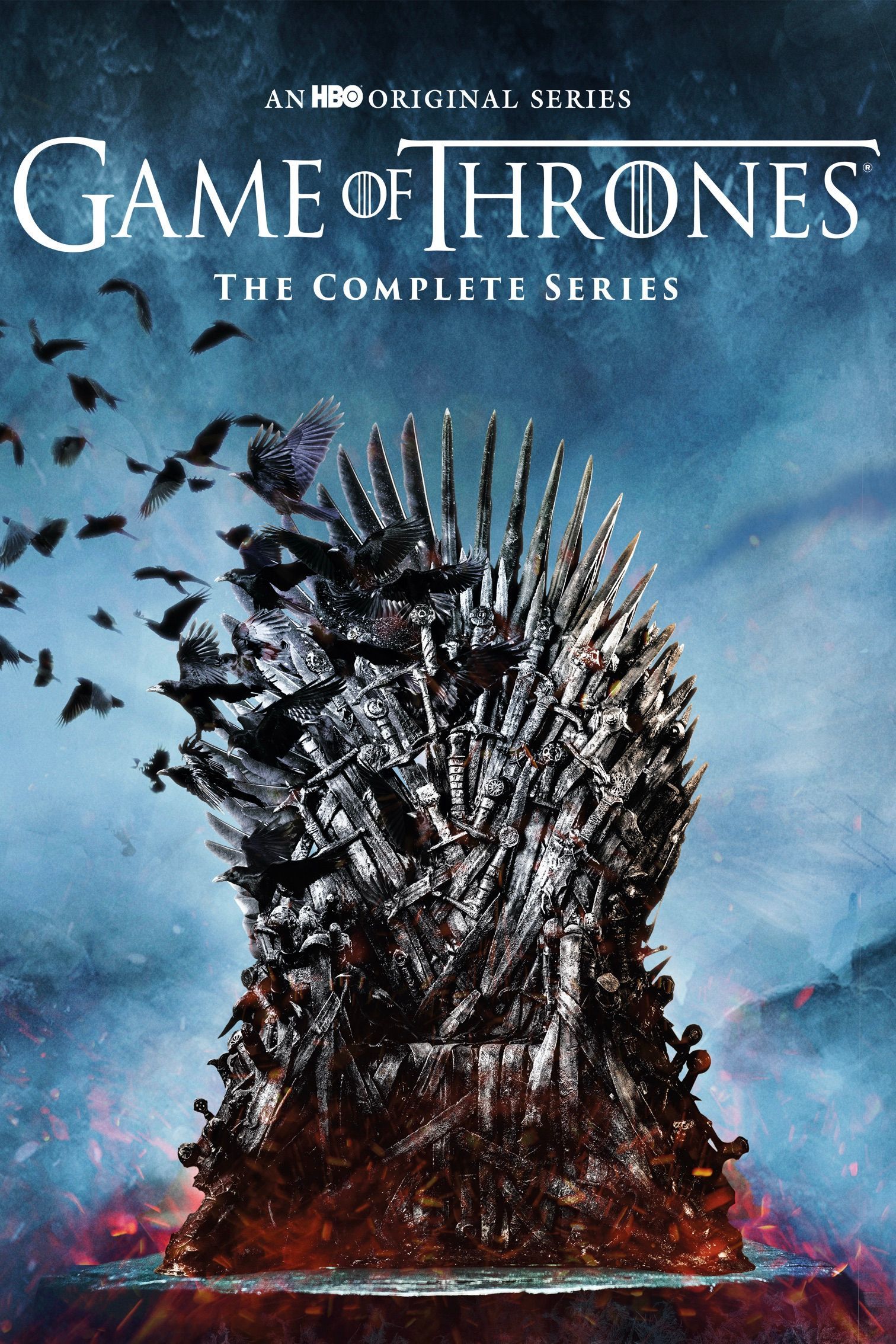
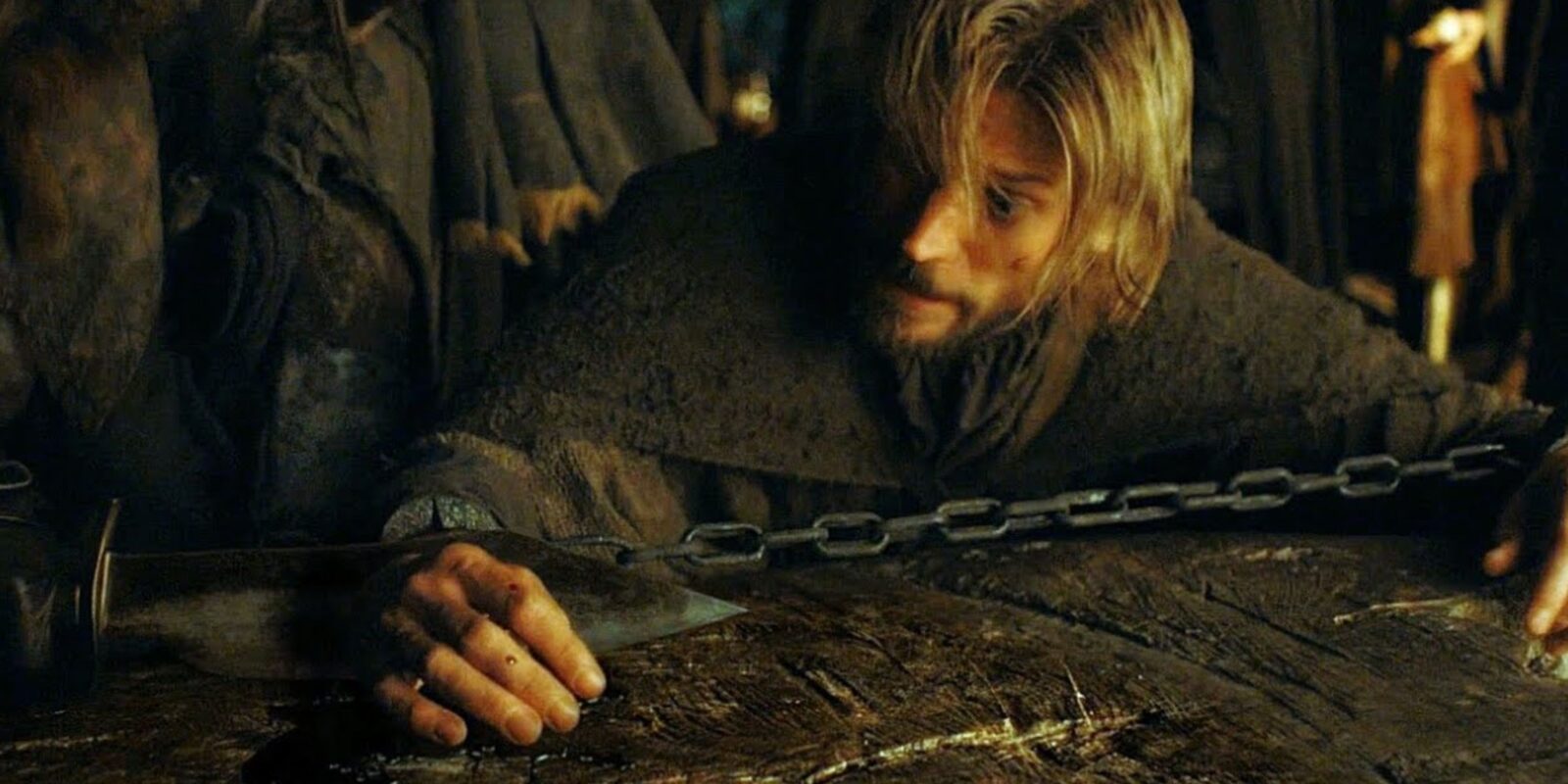

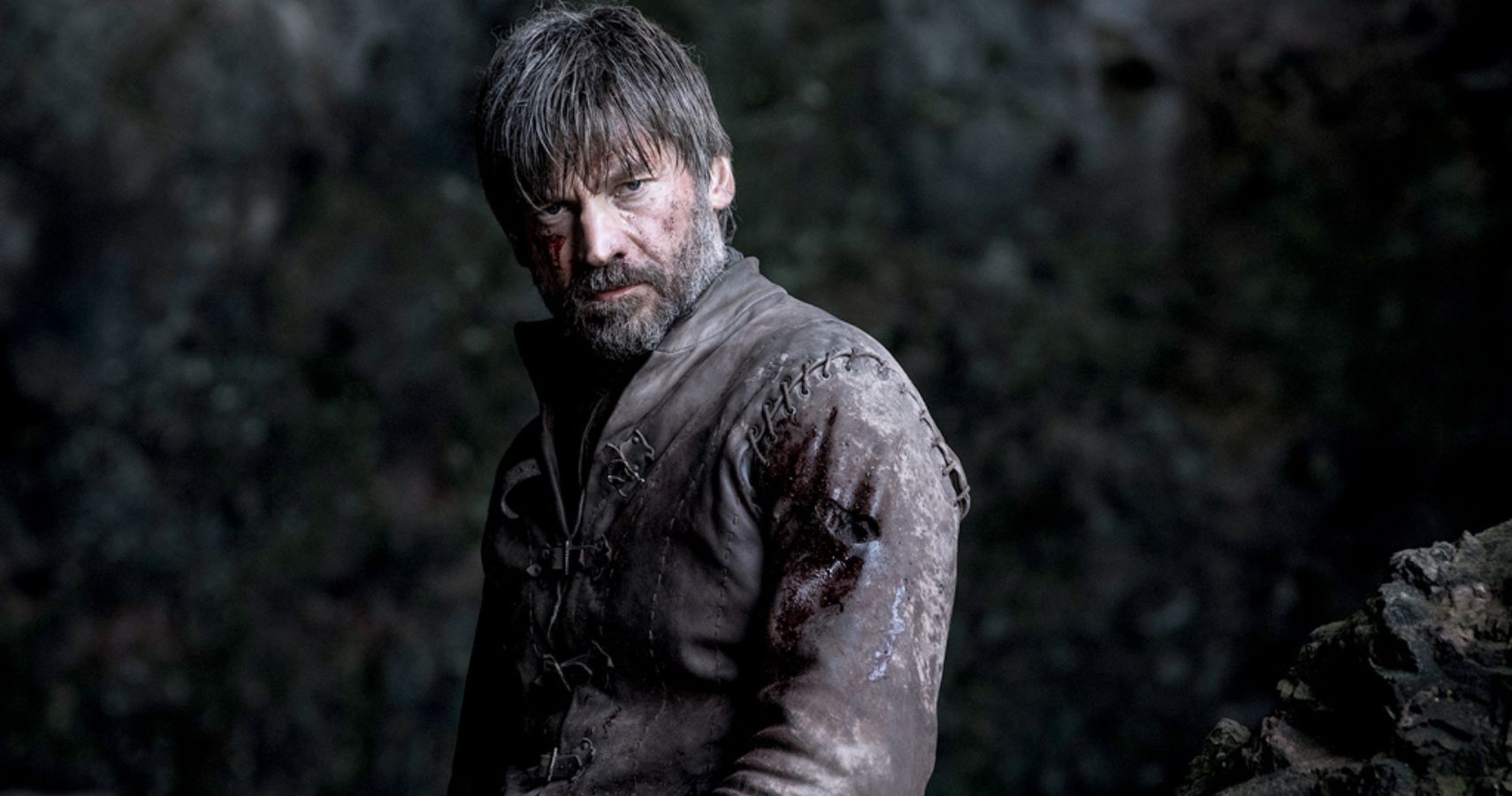
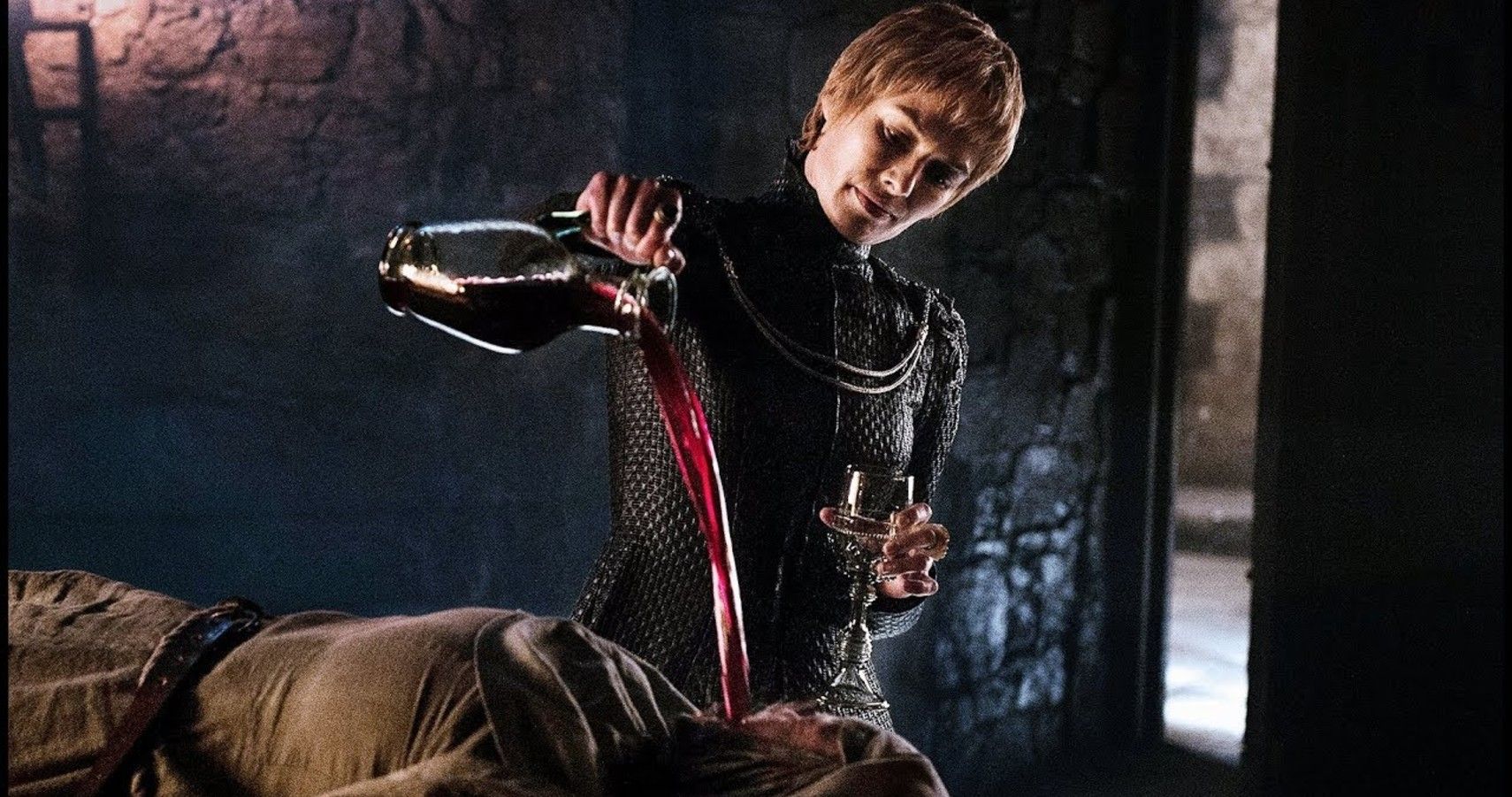



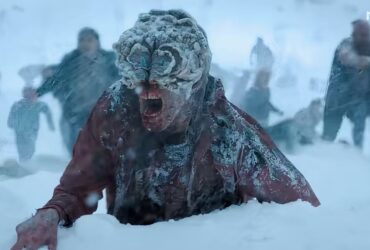





Leave a Reply